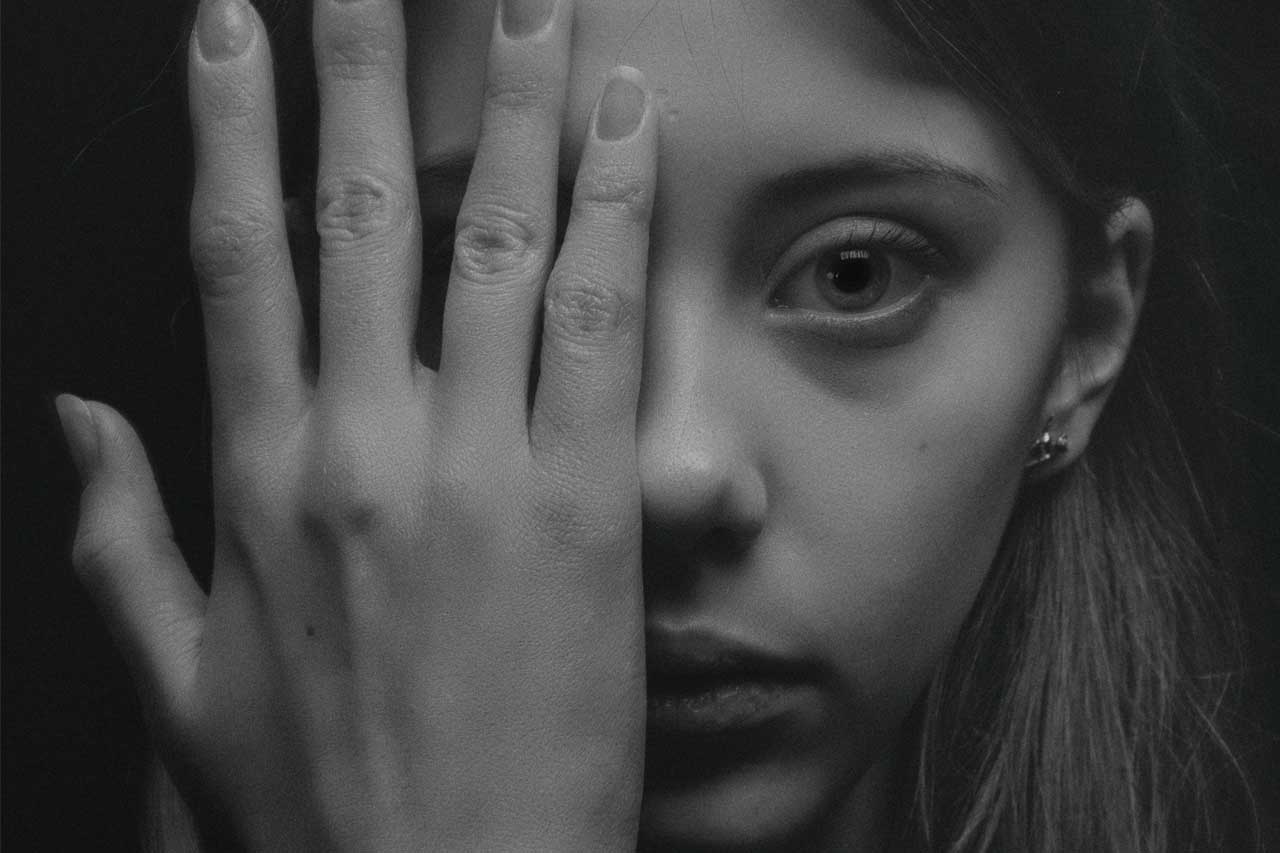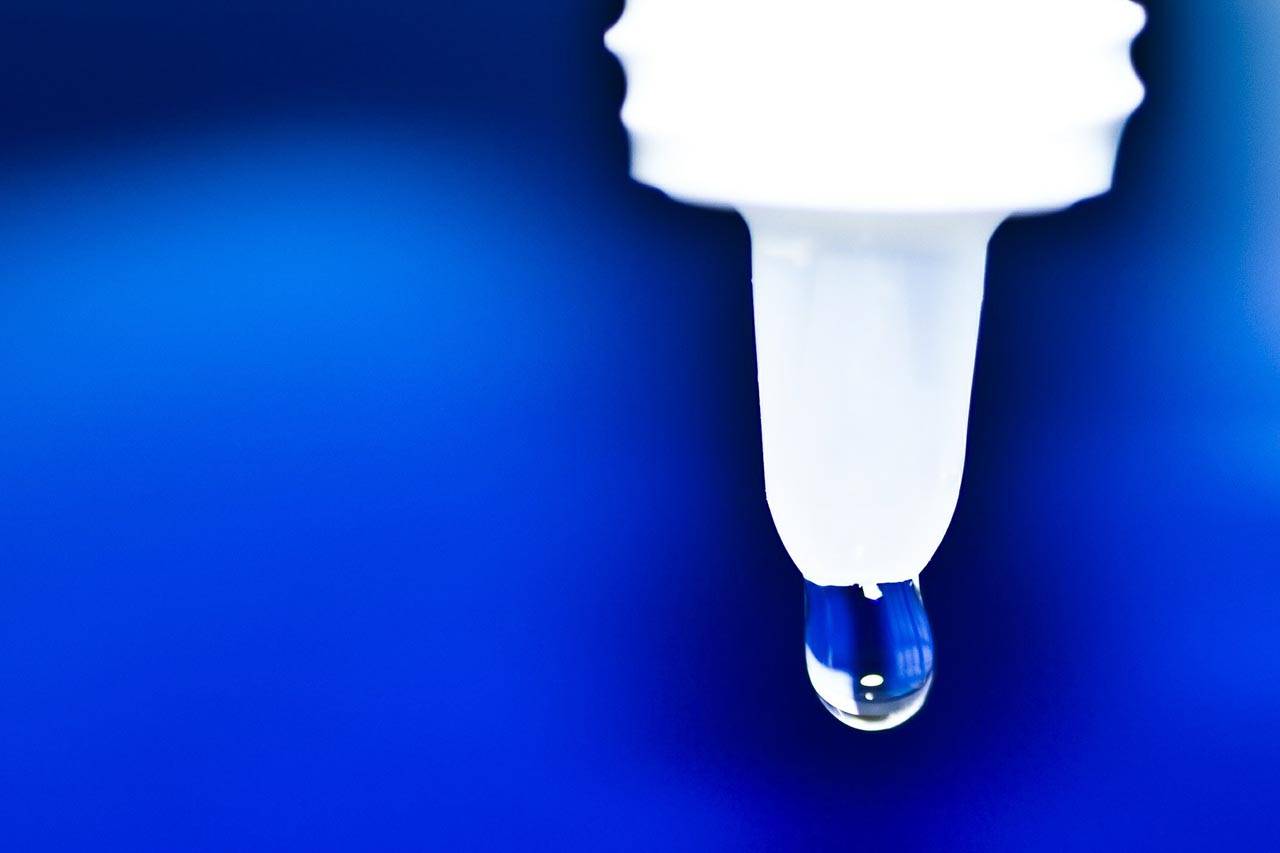 Is It Eye Allergies or Dry Eyes?
Is It Eye Allergies or Dry Eyes?
Eye Allergy and Dry Eye symptoms tend to be very similar. They both include redness, itchiness, tearing, and a gritty or burning sensation in the eyes.
Is it really an allergic reaction, or could it be Dry Eyes? Before running to the pharmacy for some antihistamines, it would be worth digging into the cause of these reactions in order to assure that you’re choosing the right treatment option.
If you’ve been using artificial tears, prescription allergy medication, or other over the counter medicine to relieve the itchy, dry feeling, but see no improvement— it may be worth visiting the The Dry Eye Center At Eye Trends and speaking with Eye Trends, who can provide a diagnosis and solution for your condition.
What’s the Difference Between Eye Allergies and Dry Eyes?
Eye allergies, also known as allergic conjunctivitis, occur when the eyes react to elements that irritate them (allergens). One can develop eye allergies from pet dander, dust, pollen, smoke, perfumes, or even certain foods. To fight off the allergen, the eyes produce a substance called histamine, which causes the eyelids to become red, swollen and itchy — and at times to tear and burn. Those with eye allergies tend to experience nasal allergies as well, which include an itchy, stuffy nose, along with frequent sneezing.
People with Dry Eyes suffer from eyes that feel dry, itchy, swollen, irritated, and at times very painful. Dry eye syndrome can be developed as a result of genetics, age, environment, lifestyle, medications, and the overall health of your eyes. When one has dry eyes, the eyes are either not producing enough tears to keep your eye lubricated, or the tears are not composed of the correct balance of water, lipids, and mucous to maintain proper lubrication.
How Are Eye Allergies and Dry Eyes Treated?
Eye allergies can be treated using artificial tears, medicated eye drops, decongestants, antihistamines, or anti-inflammatory medications. Depending on your specific case, Eye Trends may recommend a combination of treatments.
However, if it is determined that you have dry eyes, Eye Trends may suggest artificial tears or lubricant eye drops to alleviate the discomfort, and in some cases, may even prescribe drops or steroids. For patients with more acute cases of dry eyes, the doctor might suggest alternative treatment options, such as LipiFlow, True Tear, TearCare or scleral lenses.
If you’re suffering from any of the above symptoms, speak with , who will examine and thoroughly assess the source of these reactions, determine whether they are caused by allergies or Dry Eyes, and provide the right treatment.
The The Dry Eye Center At Eye Trends services patients from Houston, Spring, Woodlands, Conroe, and throughout Texas.

